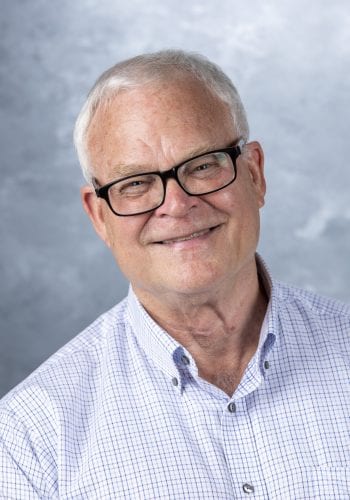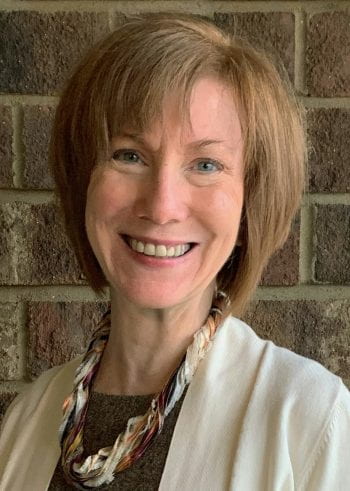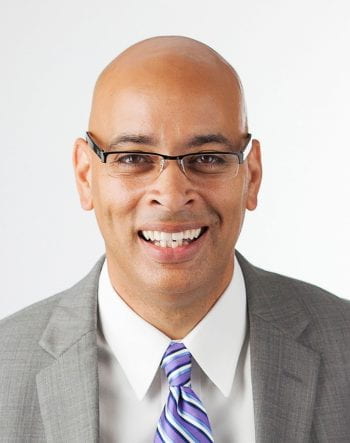A group of experts and researchers is making the case for a nationwide Child Development Account (CDA) policy. The group, which includes CSD Founding Director Michael Sherraden and Policy Director Margaret Clancy, recently released the outline in a pair of CDA policy briefs. The briefs are entitled “The Case for a Nationwide Child Development Account Policy” and “Redesigning College Savings (529) Plans to Achieve Inclusive Child Development Accounts.”
This idea combines strengths from several proposals. “Giving every child an account and assets as early as birth, with more to those with greater disadvantage, can bring multiple policy proposals together, develop all of our children, and secure the nation’s future,” Sherraden said.
Sherraden, a renowned expert on social policy and asset building, is the George Warren Brown Distinguished University Professor in the Brown School at Washington University and the principle investigator of the center’s SEED for Oklahoma Kids (SEED OK) experiment, which generated much of the evidence cited in the briefs.
The proposed policy would create asset-building accounts with seed deposits for all children in the United States as early as birth. Accounts would be issued through the nation’s system of state college savings plans (commonly known as 529 plans), and disadvantaged children would receive greater initial deposits.
“We have an unusual opportunity to build wealth for every child in the United States,” said Sherraden. “Our research has shown that this changes the outlook of parents and children while growing resources for education. Over time, an inclusive Child Development Account policy will reduce extreme inequality, enable more children to reach their potential, and create a more productive economy.”
Now in its 15th year, the SEED OK experiment is a randomized test of a CDA policy in Oklahoma. Evidence from the experiment indicates that the accounts shape parenting, child development, parental outlook, and family relationships in beneficial ways. Assets in CDAs grow through investment earnings. By middle school, SEED OK youth who received accounts at birth had accumulated meaningful assets for higher education.
“We have demonstrated that 529 policy can be transformed from serving only about 6% of children to serving 100%,” said Clancy, who is an expert in children’s account policies and directs the SEED OK experiment and CSD’s College Savings Initiative.
She added, “All income groups and racial groups achieve higher asset accumulations with CDAs, with disadvantaged groups making the largest gains.”
The briefs also cite research by coauthor William Elliott III, showing that CDAs foster college-going identities in children. Comparing youth who have savings in their name with counterparts who do not, Elliott, a professor in the University of Michigan School of Social Work and a CSD faculty director, has found that youth with savings are more likely to enroll in and complete higher education.
Key aspects of the proposal for nationwide CDAs include a dedicated stream of federal funding, as well as changes to 529 plans and the federal rules that govern them. With a proposed annual budget of $20 billion to $30 billion, the policy could offer states a grant of $1,000 to $6,000 per child. States would automatically open a master account and make the initial deposits, using birth records to identify new beneficiaries. State 529 plans, which now serve a small percentage of families, would become the vehicles for enabling all children to develop assets for college, trade school, or some other form of postsecondary education.
With encouragement from the states, additional deposits would come from families and other sources. “CDA deposits can be gifts at holidays, birthdays, and other important occasions,” the contributors write. “A philanthropy might fund accounts for a particular population; a corporation might adopt a school.”
In addition to Sherraden, Clancy, and Elliott, the briefs’ contributors include San Francisco Treasurer José Cisneros, Amanda Feinstein of Oakland Promise, College Promise CEO Martha Kanter, Muneer Karcher-Ramos of the Office of Financial Empowerment in St. Paul, MN, Clint Kugler of the Indiana Youth Institute, Julie Peachey of the Pennsylvania Treasury Department, Alfond Scholarship Foundation President and CEO Colleen Quint, and Thomas M. Shapiro of the Heller School at Brandeis University.



